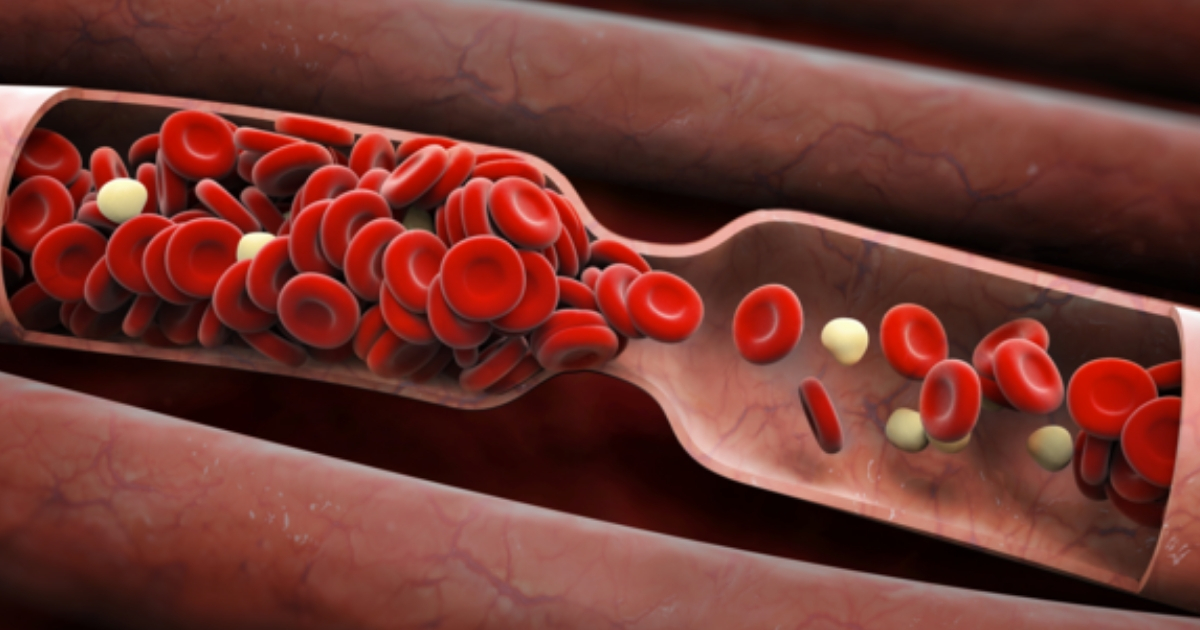Complications Of Cushing's Syndrome
Issues With Memory And Concentration

Issues with memory and concentration have been reported in a large number of Cushing's syndrome patients. The mechanism behind this complication has to do with the effects of high cortisol levels on certain parts of the brain over an extended durations. Cortisol can cause the individual to overproduce the cells that make myelin and underproduce the actual neurons in the brain. While myelin around the nerves is important, an excess of it is essentially non-beneficial. The reason behind such myelin buildup is the effect cortisol has on the stem cells meant to mature into neurons. Cortisol reduces the number of these cells that actually reach maturity by causing them to mature into a different type of cell that produces myelin sheathing. The result is a reduction in neurons in the patient's hippocampus. The hippocampus is the part of the brain that regulates an individual's emotions, learning, memory, and part of their concentration. Decreased numbers of neurons cause the function of the hippocampus to become compromised.
Discover additional complications of Cushing's syndrome now.
Blood Clots In Lungs And Legs

Individuals affected by Cushing's syndrome can develop blood clots in the lungs and legs. Long term elevated levels of cortisol in the blood causes it to go into a hypercoagulable and hypofibrinolytic state. This occurs because cortisol is a hormone produced by the body for the purpose of increasing performance when an individual is placed in a stressful situation. A temporary spike in cortisol levels induces a temporary spike in platelet production and clotting factors to prepare the body for possible injury. While this is an effective mechanism in a healthy individual, someone with Cushing's syndrome consistently exhibits this cortisol spike. This causes their body to produce too many platelets on a consistent basis and stimulates elevated levels of clotting factor VIII, von Willebrand factor, and others. All of these changes in the blood cause the platelets to have an increased inclination to stick to the arterial walls and one another inappropriately. When this occurs, it forms a blood clot that can become lodged in the arteries of the legs, lungs, and other parts of the body. The mechanism the body uses to prevent clots called fibrinolysis is disabled by elevated cortisol.
